Are your wines available in restaurants? If so, chances are you carefully selected the restaurants because they fit with your wine’s brand—of comparable quality, aesthetics and expense. Some wines are “white tablecloth” wines while others are bistro, pop-up or even food truck wines.
To get your wine placed in a restaurant, you work with the wine buyer or sommelier. They understand how your wines fit into their program. Many high-end restaurants provide training and information to their servers to help them properly represent and sell your wine. You hope they pay attention and have faith that they understand the fine art of hospitality.
But hope and faith only get you so far. What happens when your wines are not represented factually or positively?
Well, two things are possible: 1) the customer doesn’t select the wine or 2) the customer does select your wine. And while it’s nice to sell wine, not having the correct knowledge can detract from the customer’s enjoyment and understanding of the wine.
Let me share an experience Vicki and I recently had at a high-end restaurant. The restaurant owner was talking with four guests from out of the area. They were torn between selecting a California and an Oregon Cabernet. And while (to my pleasure) the restaurateur was promoting the Oregon Cab, he was giving the guests erroneous information—about the winemaker, the winery owners and awards. Then he said (to my horror), “Well, this is a pretty expensive wine compared to the one from California. I guess the owners have a big mortgage.”
What’s wrong with this scene?
Yes, just about everything! And this was the restaurateur, the owner and, in this case, the person who curated the wine collection! What lessons can we learn?
- People try to be helpful or friendly, and sometimes this takes the form of misinformation.
- People don’t think about how the things they say come across. A big mortgage? Really?
- With high turnover rates in the restaurant industry, training must be ongoing.
With a more thorough understanding of the wines, servers can make better recommendations, When guests enjoy the wine, they may decide to purchase the wines at retail locations or, when possible, visit the tasting room. This model sells more wine and advances the wine industry.
Are you curious what’s going on in the restaurants serving your wines? Do you know what the guest is experiencing? Are you sure the restaurant staff is adequately trained?
Knowledge is power, and I encourage you to find the answers to these questions. In many cases, a secret shopper program can provide actionable data. Let me know if you are interested in exploring this option. We’ve done secret shopper programs at restaurants, tasting rooms and wine shops. Everyone benefits when both the wine and hospitality industries up their games.
What happens when your wines are not represented factually or positively at a restaurant? Share on X


Leave a Reply